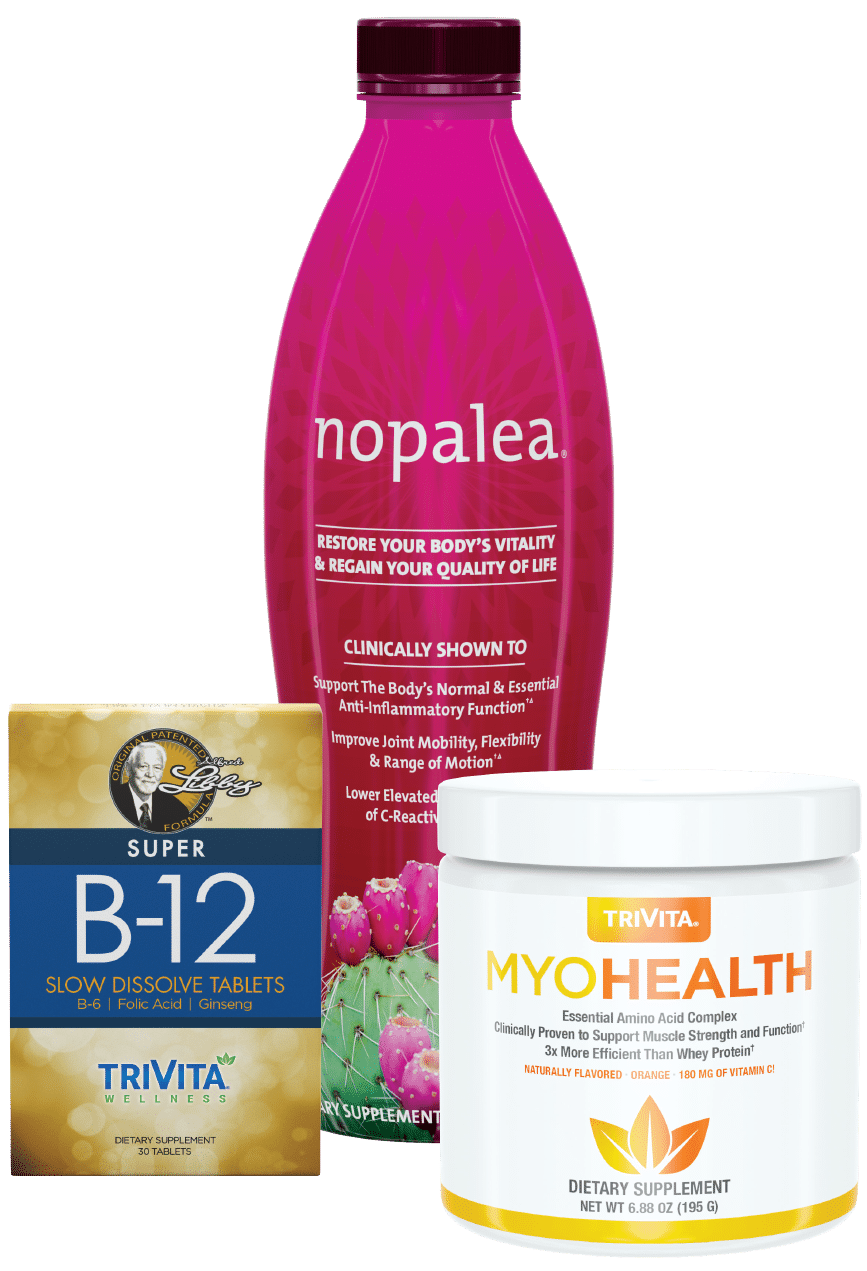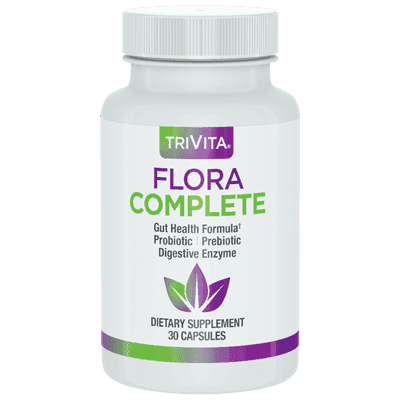How adding fish oil to your diet can help
All saturated and monosaturated fats can be made by the body and do not need to be supplied through the diet. However, the body is unable to make two types of polyunsaturated fatty acids (PUFA) that have been shown to have much beneficial health effects1:- Alpha-linolenic acid (Omega-3) found in flaxseed, flax oil, spinach, broccoli
- Linoleic acid (Omega-6) found in soy oil, sesame seeds, corn oil, and most nuts
Brain and Nerve Health Support2,3
- Approximately two-thirds of the human brain is made of fat
- Omega-3 fatty acids EPA and DHA are among the most important brain health nutrients
- DHA is the primary structural component of the brain
- Omega-3 and Omega-6 PUFAs constitute 30-35% of total brain fatty acids
- DHA levels decrease with age and are affected by the number of fatty acids in the diet
Vision Support4,5
- DHA is also critical for the development and function of the retina
Healthy Heart5,6
Omega-3 EPA/DHA:- May decrease triglyceride levels in plasma as well as the level of total and LDL (bad) cholesterol
- May normalize blood pressure by helping to increase and decrease levels of compounds that may result in blood vessel relaxation
Are Americans meeting nutritional guidelines for Omega-3 fatty acids? 7
- The 2010 Dietary Guidelines for Americans recommend consuming 250 mg/day of Omega-3 fatty acids (two 4 oz. servings of seafood/week)
Premium Fish Oil in an Easy-to-Swallow Soft Gel
If you’re considering adding Omega-3 to your diet, consider Omega3Prime supplements from TriVita, one of the cleanest, purest, and traceable fish oils on the market.Sources:
- http://web.stanford.edu/group/hopes/cgi-bin/hopes_test/fatty-acids/#saturated-vs-unsaturated-fat
- Luchtman DW, et al. Neuropharmacology 2013;64:550-565
- http://www.nutrasource.ca/uploads/userfiles/images/omega-3s%20and%20the%20brain%20-resized-600.png
- Innis SM. J Nutr 2007;137(4);855-859; Deckelbaum RJ, et al. J Nutr 2012;587S-591S; Wiktorowska A, et al. Adv Clin Exp Med 2015;24(6):931-941
- Wiktorowska A, et al. Adv Clin Exp Med 2015;24(6):931-941
- Bradberry JC, et al. P&T 2013;38(11):681-691
- Papanikolaou Y, et al. Nutr J 2014;13:31












